400m Training for Young Athletes
The 400m is one of the most competitive sprint events in athletics. The 400m dash is one of track and field's longer sprint events, and it demands athletes to maintain a precise tempo and rhythm in order to achieve maximum speed in one lap. In the webinar session conducted by James Hillier, Head Coach at the Reliance Foundation Odisha Athletics High Performance Center explains what young athletes in the 14-18 years age group should consider while training for the 400m event.
Watch the full webinar here:
The 400m is one of the most competitive sprint events in athletics. The 400m dash is one of track and field's longer sprint events, and it demands athletes to maintain a precise tempo and rhythm in order to achieve maximum speed in one lap. In the webinar session conducted by James Hillier, Head Coach at the Reliance Foundation Odisha Athletics High Performance Center explains what young athletes in the 14-18 years age group should consider while training for the 400m event.
Athletes in the 400m sprint, run at almost 90% of their maximal speed for one lap. To avoid making this mistake, and in order to enhance their running technique, athletes must learn certain skills to succeed in the sport. Coach James emphasised the following skills:
- Good basic speed
- Good height and body weight
- Relaxed technique
- Ability to train hard
- Ability to maintain a good pace
- Lactic acid tolerance
Based on their skills set, Coach James further discussed the different types of 400m runners being:
- Strength-based runners
- Speed based runners
- Rhythm-based runners
Coach James emphasised that speed remains one of the main priorities in developing 400m runners.
A good 400m Training Programme consists of different levels of training, each with its own set of advantages for athlete development. The following are some of the components and benefits of a 400m training programme:
- Physical conditioning
This is aimed at good movement, by improving:
- Agility
- Balance
- Coordination
- Proprioception
- Posture
- Core & upper body strengthening
- Event-specific training
This targets effective movement, such as:
- Acceleration
- Maximum speed
- Endurance speed
- Special endurance
- Lactic acid tolerance
- Tactical training
This is aimed at efficient movement, by targeting:
- Running technique
- Race management
- Pace judgement
- Energy distribution
- Running on the bends
- Performance mindset development
This is for performance improvement by:
- Dealing with pressure
- Visualisation
- Confidence
- Belief
- Reflection
- Dealing with failure
Coach James Lso then went on to discuss the Theory of Reversibility. According to this theory, the sequence of training should be:
- Technique
- Speed
- Strength
- Endurance
- Flexibility
Technique is a prime factor in speed training. It is vital to develop the right techniques right from the start. Coach James illustrated the importance of techniques with examples. This can then lead to success in the 400m sprints. The ingredients of success discussed in the session are:
- Speed
- Specific endurance
- Energy endurance
- Focus and execution
Coach James further demonstrated the math behind sprint training with illustrative examples. To sum up the session, following are the general considerations in the 400m training session:
- For young athletes, speed development should be the primary focus
- It is essential to develop aerobic endurance in young athletes
- Move up athletes only when they are ready to compete at the 400m
- Speed affects endurance
- Strength affects speed and endurance
- Mobility affects speed, coordination, and endurance
The session concluded with Coach James answering questions about the topic.
In case of queries, please feel free to connect with us on Instagram/Facebook or email us at info@rfyouthsports.com

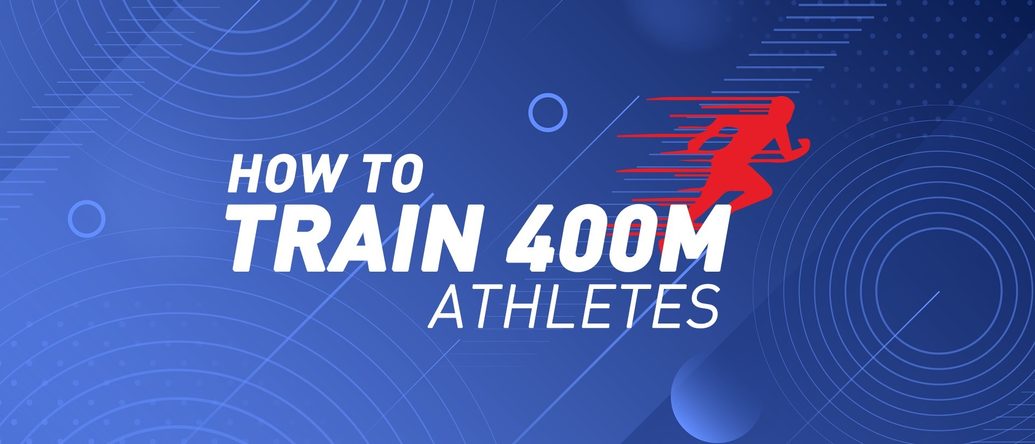
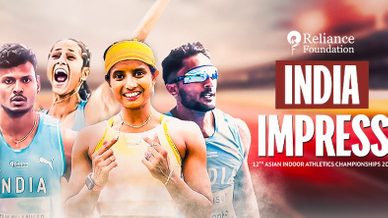
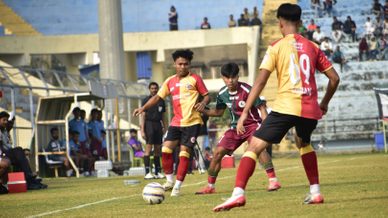

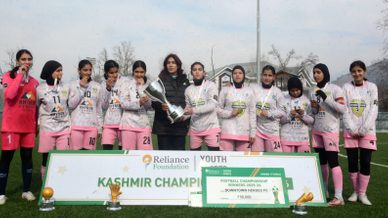
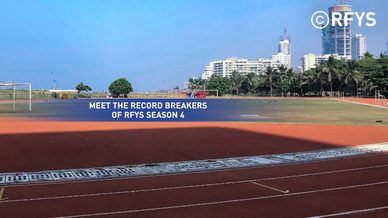
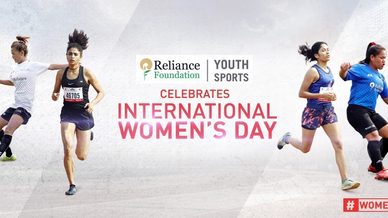
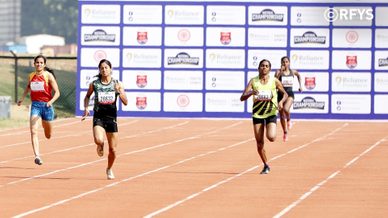
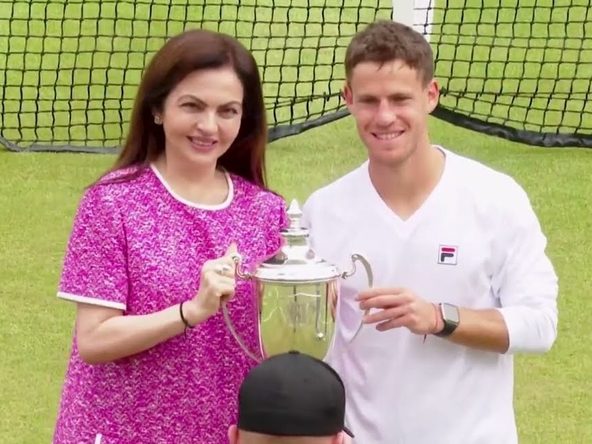

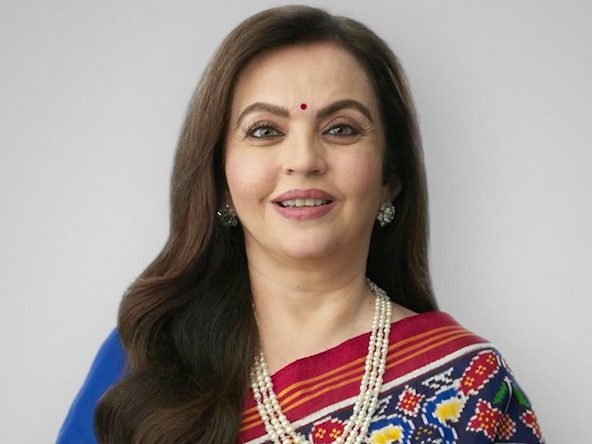
Your Comments